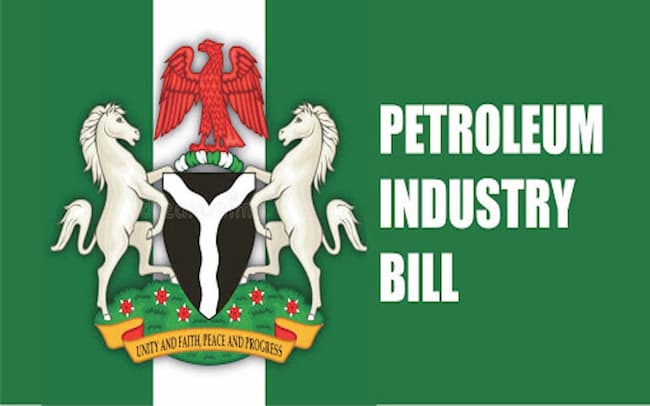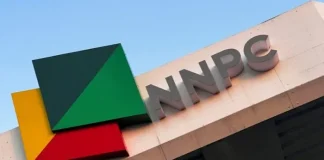The Petroleum Industry Bill (PIB) being deliberated on at the National Assembly will likely not increase the revenue of the government, according to a report by the Economist Intelligence Unit (EIU).
The report titled, “Country Report Nigeria,” stated the bill when it becomes law, will benefit the treasury and investors in the oil and gas industry.
The analysts at the research company predicted that the federal government might effect a 100 per cent rate increase in the Value Added Tax (VAT) from the current rate of 7.5 per cent to 15 per cent before 2025 in order to boost revenue.
The report stated, “The federal government’s tax take is among the world’s lowest, undermined by widespread evasion and a large informal sector. The PIB is likely to be balanced between the interests of the treasury and investors, and so not deliver a considerable increase in revenue.
The EIU stated that the anticipated increase in VAT was inevitable given the growing public debt burden, adding that VAT will be gradually increase in 2022, 2024 and 2025.
READ ALSO: NiMet Gives Reasons For Flooding In Lagos
The EIU report stated, “We expect three equal VAT rate increases, taking the rate to 15 per cent by 2025.
“The first is expected in 2022, prior to the next elections but seemingly inevitable given a rising debt burden, with further rises in 2024 and 2025.
“Even then, we expect fiscal revenue to peak at just five per cent of the GDP in 2024, which also assumes no fuel subsidies beyond 2022.
“Consequently, the VAT, currently at 7.5 per cent, is likely to be used as a means of repairing the public finances.”
The report estimated the projected public finances would remain in deficit between 2021 and 2025, because an average global crude oil price of $63.8/barrel in 2021-25, will not be enough to balance the budget.
It added that the percentage of public debt to the GDP would stand at 35.4 per cent of the GDP in 2025.
“Overall, we expect the fiscal deficit to narrow to 3.3 per cent of GDP in 2021 (from 3.7 per cent of the GDP in 2020) as international oil prices rise.
“Also, the VAT rate increases and rising oil prices will push down the deficit to 2.6 per cent of the GDP in 2023-24, but a decline in average global oil prices in 2025 will cause the shortfall to widen to 3.0 per cent of the GDP in that year.
“The government has raised its public debt limit to 40 per cent of GDP to incorporate higher budget shortfalls over the medium term and to accommodate securitisation of the Central Bank of Nigeria’s deficit-financing as long-term debt. We expect public debt to reach only 35.4 per cent of the GDP in 2025,” the report added.
“Capital investment will be emphasised to compensate for the disappearance of petrol subsidies once the PIB is enacted (which is expected in late 2021).
“The government will justify price deregulation by promising to invest the savings in infrastructure and will face pressure to match rhetoric with action.”
The analysts are optimistic that market-determined petrol pump price on the Dangote Refinery, a new 650,000-barrel/day refinery near Lagos expected to come on-stream in 2022.













